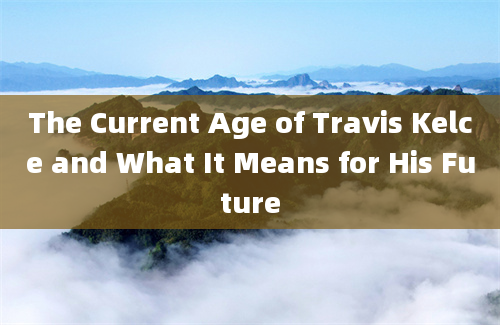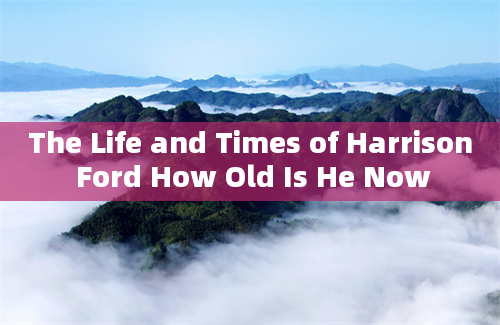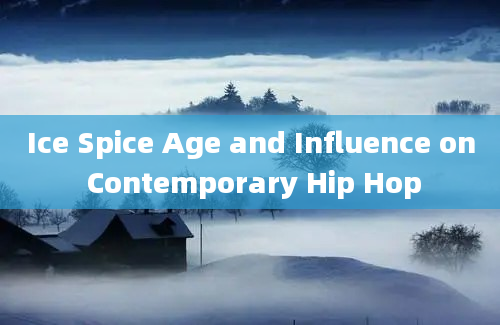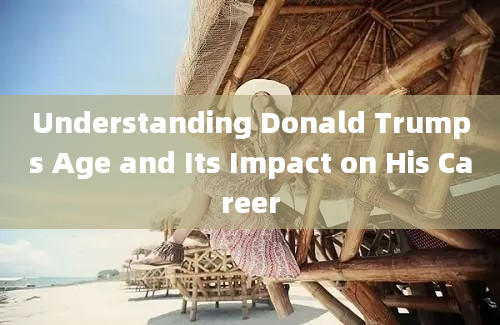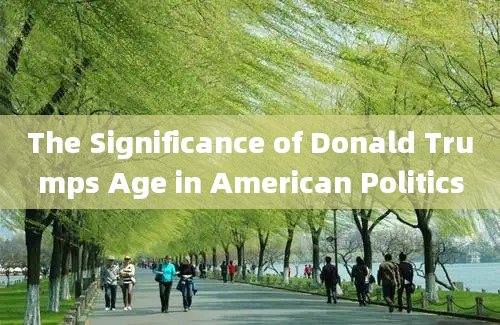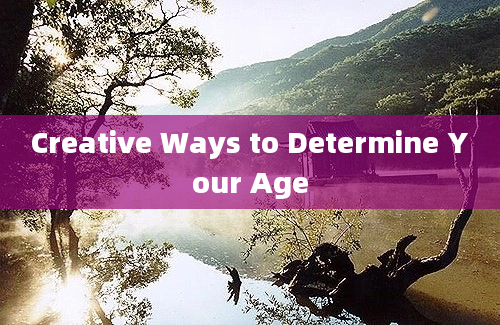The Age of Joe Biden Explained and Its Impact on His Leadership

Introduction
Joe Biden, the 46th President of the United States, has been a subject of discussion not only for his policies but also for his age. Born on November 20, 1942, Biden was 78 years old when he took office in January 2021, making him the oldest person to assume the presidency. This aspect of his biography has sparked debates about the implications of his age on his leadership capabilities. This article delves into the details of Biden's age, its historical context, and its potential impact on his presidency, supported by authoritative sources.
Historical Context
Biden's age is not just a personal milestone but also a historical one. Prior to him, the oldest president to take office was Ronald Reagan, who was 69 when he began his first term in 1981. Biden's election reflects a broader trend in American politics where senior politicians continue to play significant roles. According to a report by the Pew Research Center [(Pew Research Center)](https://www.pewresearch.org/facttank/2021/01/20/joebidenistheoldestuspresidentbutfarfromtheonlyoneover65/), the average age of members of Congress has been steadily increasing over the decades.
Impact on Leadership
1. Experience and Wisdom: One of the most cited benefits of Biden's age is his extensive political experience. Having served in the Senate for 36 years and as Vice President for eight years, Biden brings a wealth of knowledge and experience to the Oval Office. According to a study published in the Journal of Behavioral Decision Making [(Wiley Online Library)](https://onlinelibrary.wiley.com/doi/10.1002/bdm.2043), older leaders often possess greater wisdom and better decisionmaking skills due to their accumulated experience.
2. Health Concerns: On the flip side, Biden's age has raised concerns about his health and stamina. The president's health is a matter of national importance, and any issues can have significant implications for his ability to lead. The Centers for Disease Control and Prevention [(CDC)](https://www.cdc.gov/aging/index.html) highlights that aging can bring about various health challenges, including cognitive decline and physical limitations.
3. Generational Gap: Another aspect to consider is the generational gap between Biden and the younger population. This gap can affect his ability to connect with younger voters and understand contemporary issues. A report by the Brookings Institution [(Brookings)](https://www.brookings.edu/blog/fixgov/2020/08/24/agingpoliticiansandthegenerationaldivideinamericanpolitics/) discusses how the aging political leadership may struggle to resonate with the younger demographic.
4. Policy Implications: Biden's age might also influence his policy priorities. Older leaders may focus more on issues that resonate with their generation, such as healthcare and social security, rather than issues like climate change and student debt, which are more pressing for younger generations. A study by the National Bureau of Economic Research [(NBER)](https://www.nber.org/papers/w24969) suggests that policymakers' age can significantly influence their policy preferences.
Conclusion
Joe Biden's age is a multifaceted issue with both advantages and challenges. While his extensive experience brings valuable insights and wisdom, concerns about his health and the generational gap cannot be ignored. The impact of his age on his leadership will continue to be a topic of interest and debate throughout his presidency.
Frequently Asked Questions (FAQs)
Q1: How old is Joe Biden?
A1: Joe Biden was born on November 20, 1942, making him 81 years old as of November 2023.
Q2: Is Joe Biden the oldest president in U.S. history?
A2: Yes, Joe Biden is the oldest person to assume the presidency, taking office at the age of 78.
Q3: Who was the oldest president before Joe Biden?
A3: Before Joe Biden, Ronald Reagan was the oldest president, taking office at the age of 69 in 1981.
Q4: How long did Joe Biden serve in the U.S. Senate?
A4: Joe Biden served in the U.S. Senate for 36 years, from 1973 to 2009.
Q5: What are the potential benefits of having an older president like Joe Biden?
A5: The potential benefits include extensive political experience, wisdom, and better decisionmaking skills due to accumulated knowledge, as supported by studies like the one in the Journal of Behavioral Decision Making.
Q6: What health concerns are associated with Joe Biden's age?
A6: Concerns include cognitive decline, physical limitations, and overall stamina, as highlighted by the CDC's findings on aging.
Q7: How might Joe Biden's age affect his connection with younger voters?
A7: The generational gap may make it challenging for him to connect with younger voters and understand contemporary issues, as discussed by the Brookings Institution.
Q8: Can Joe Biden's age influence his policy priorities?
A8: Yes, his age might lead to a focus on issues like healthcare and social security, which are more relevant to his generation, according to research by the NBER.
Q9: Has the average age of U.S. politicians been increasing?
A9: Yes, the average age of members of Congress has been steadily increasing over the decades, as reported by the Pew Research Center.
Q10: What historical significance does Joe Biden's age hold?
A10: Joe Biden's age is historically significant as it marks the first time the U.S. has had a president in his late 70s, reflecting a broader trend of older politicians playing significant roles in American politics.


